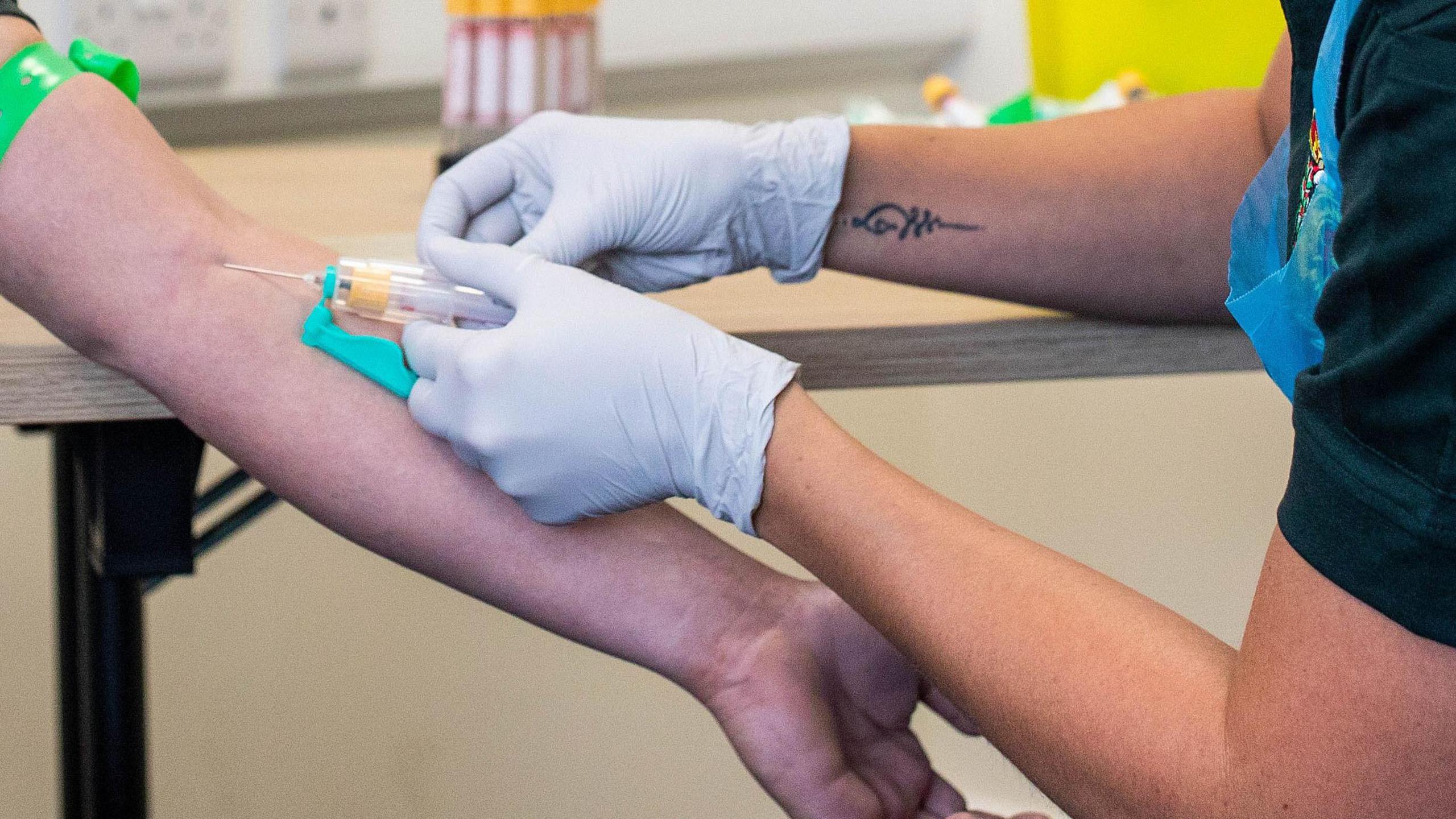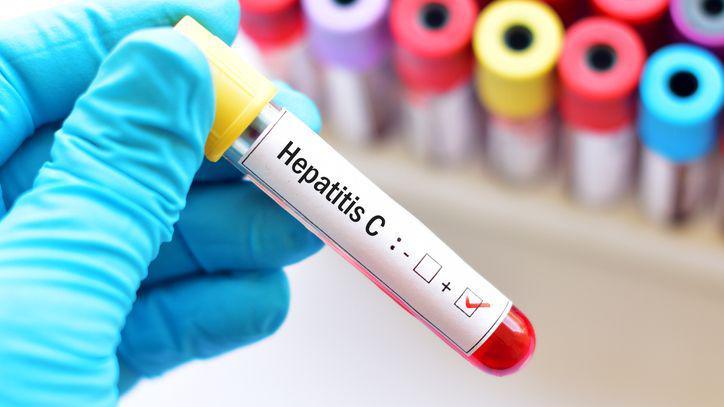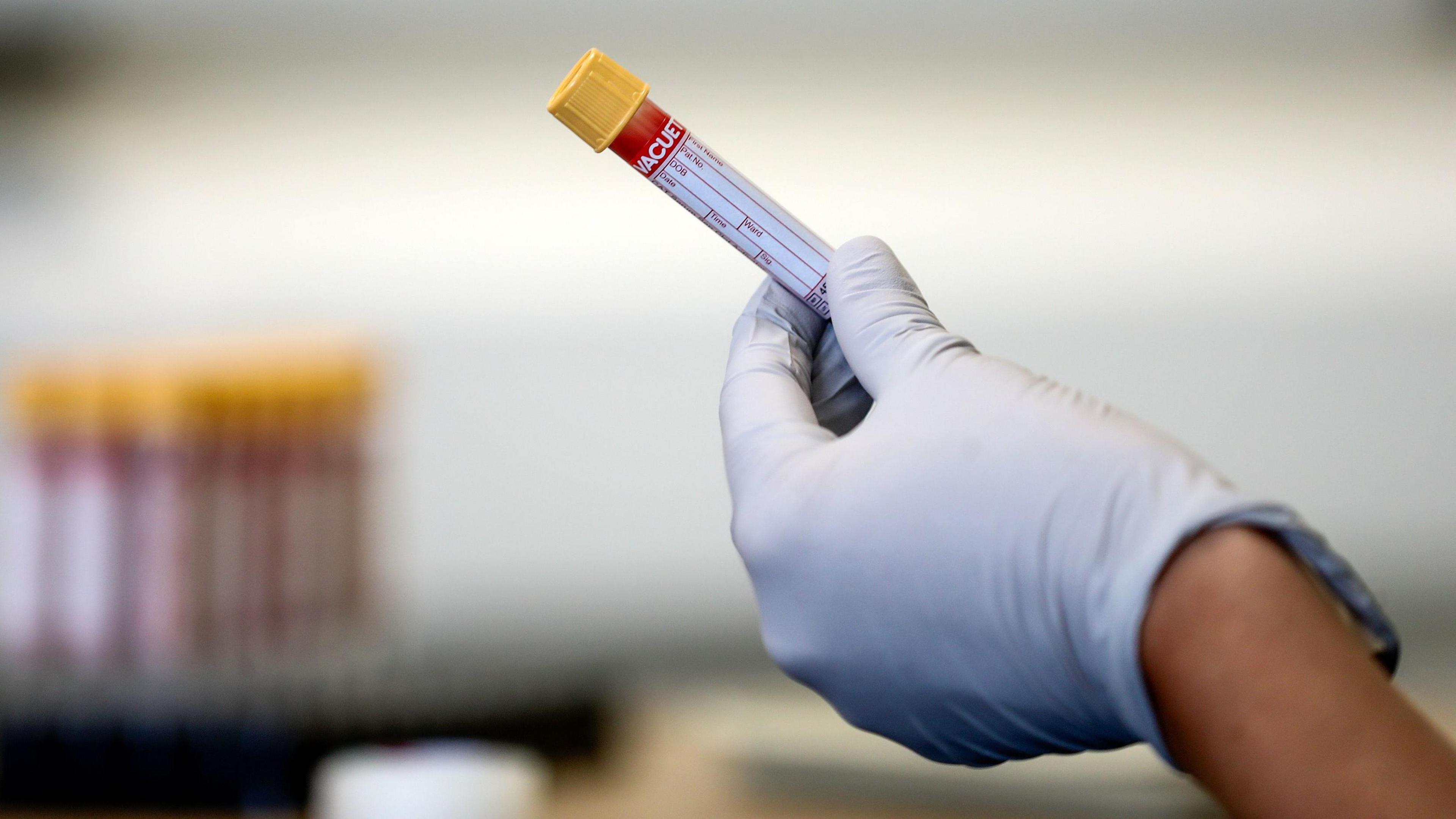A&E patients to be tested for HIV and hepatitis

The pilot scheme will begin on 1 October
- Published
Patients visiting emergency departments in the Humber region will be tested for serious infections under a new initiative.
All adults who have blood taken as part of their treatment will have the sample tested for HIV, hepatitis B and hepatitis C, unless they choose to opt out, the NHS Humber Health Partnership said.
The pilot scheme, which will begin on 1 October and run until March, is designed to improve rates of early diagnosis, reduce transmission and improve outcomes for patients.
Dr Nicholas Easom, an infectious diseases consultant, said: "What we're testing for could potentially be life-saving. We have a high prevalence of hep C in our area."
He added: "These viruses can have serious consequences and in some cases can be fatal."
Earlier this year, the government announced plans to expand opt-out testing at almost 90 emergency departments in England, which it said could lead to an extra 1,900 people receiving earlier care for HIV each year.
NHS England data showed a 40% rise in the detection of blood-borne infections after the previous government began piloting the scheme in some parts of the country in November 2023.
If untreated, HIV can lead to late-stage HIV or Aids, the name for a collection of illnesses caused by the virus.
In the East Riding of Yorkshire, 86% of HIV patients received a late diagnosis between 2020 and 2022, compared with 50% in Hull and North Lincolnshire, and 43% across England, the NHS Humber Health Partnership said.
Late diagnosis is associated with a 10-fold increase in the mortality rate.
Hepatitis B and C cause inflammation of the liver and come from viral infections, according to the NHS. Both can be contracted through blood-to-blood contact with an infected person.
Almost 56,000 people are thought to be living with a chronic hepatitis C infection in England, according to modelling by the United Kingdom Health Security Agency (UKHSA). Hull is believed to have one of the highest rates in the country.
Dr Easom said he hoped testing in the Humber region would continue past March, if the pilot proved successful.
Listen to highlights from Hull and East Yorkshire on BBC Sounds, watch the latest episode of Look North or tell us about a story you think we should be covering here, external.
Download the BBC News app from the App Store, external for iPhone and iPad or Google Play, external for Android devices
Related topics
- Published3 July

- Published22 April 2024

- Published15 February
